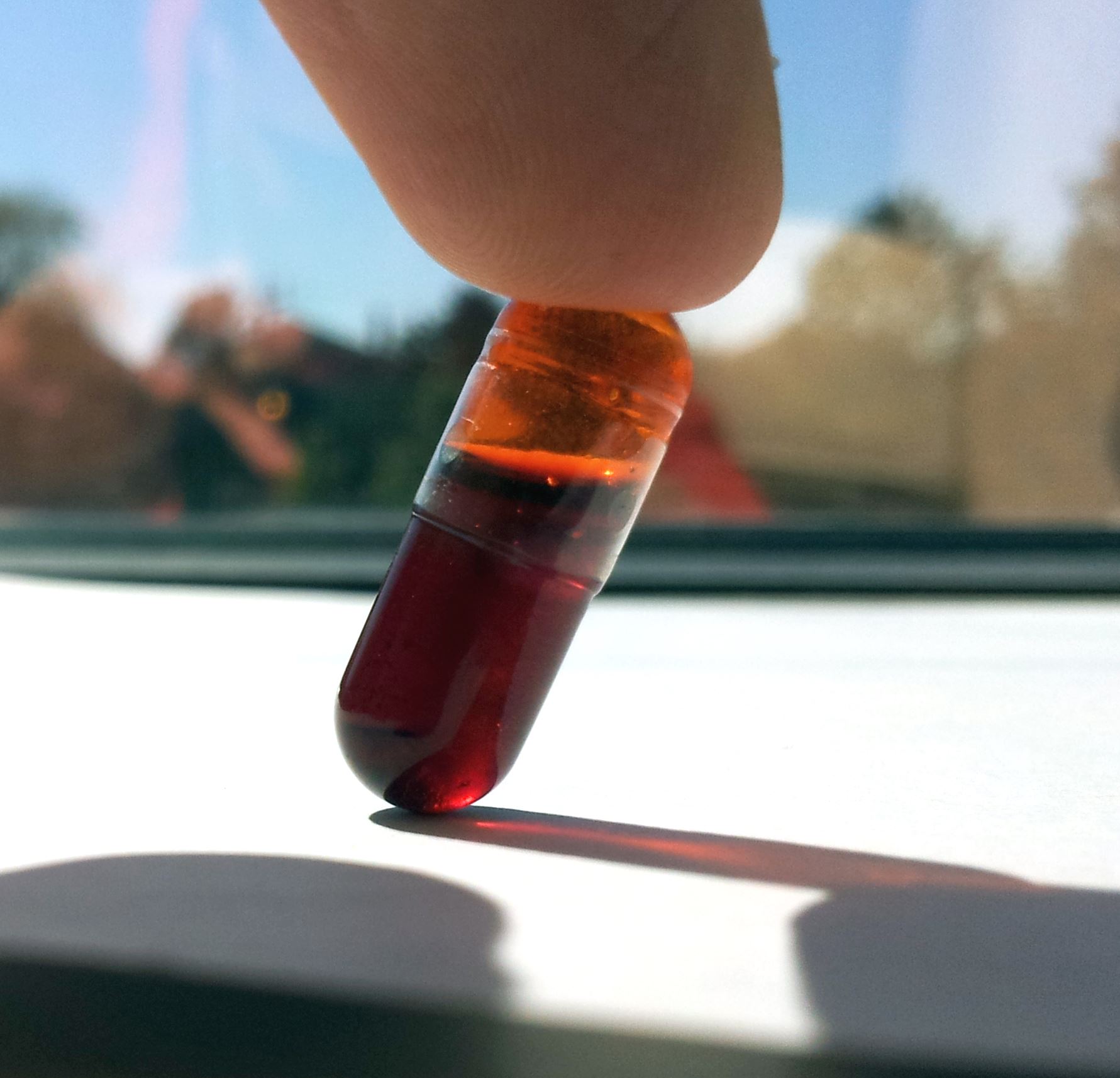
Information boasting the important health benefits associated with optimal omega-3 intake is everywhere. Doctors, homeopaths, personal trainers and dietitians alike are touting the long-term health benefits non-stop.
Omega-3’s are more than important. In fact, some would go so far as to say, they are crucial when it comes to promoting optimal health on a long -term basis.
 Optimal omega-3 intake has been studied and researched extensively. Omega-3’s have been clinically proven to promote; cardiovascular health, joint health, cognitive function, memory capabilities, feelings of personal well-being and self-value, eye health, reduced feelings of restlessness in children dealing with behavioral disorders, relief from symptoms associated with premenstrual syndrome, and a significant boost in energy levels.
Optimal omega-3 intake has been studied and researched extensively. Omega-3’s have been clinically proven to promote; cardiovascular health, joint health, cognitive function, memory capabilities, feelings of personal well-being and self-value, eye health, reduced feelings of restlessness in children dealing with behavioral disorders, relief from symptoms associated with premenstrual syndrome, and a significant boost in energy levels.
In short, the benefits behind ensuring you are getting optimal omega-3 intake are, quite extensive.
Best Sources of Omega 3
Fish are the most common food source when it comes to trying to achieve healthy amounts of omega-3’s. Halibut, sturgeon, mackerel and tuna to name but a few, are loaded with omega-3 essential fatty acids.
Unfortunately, because our global waters are significantly over polluted, health care practitioners internationally, are recommending that we reduce our fish intake to two or three portions a week in efforts of avoiding dangerous levels of contaminants such as PCB’s or mercury.
Three portions of omega-3’s a week is not exactly ‘optimal omega-3 intake’.
Other natural food sources such as; flax seeds, algae, walnuts, cauliflower, cabbage and soybeans, can also be excellent sources for omega-3’s. These are especially great, viable options for vegetarians or vegans trying to stay on top of their essential fatty acids.
Many people have turned to fish oils as a means of getting daily omega-3 intake. Supplements are often an easy way to ensure you are getting the vitamins, minerals and fatty acids you need to keep you body running at full capacity.
Dangerous Levels of Contaminants Exist in Fish
The only tricky stitch surrounding many fish oils, is that a lot of them are manufactured using the same marine life that have toxic levels of contaminants due to over polluted marine communities. This is not to say that all fish oil brands contain dangerous levels of contaminants.
There are certainly quality leading fish oil brands available on the market. If this is an avenue you are interested in investigating further, be sure to seek out manufactures that meet IFOS (International Fish Oil Standards) follow Good Manufacturing Practices (GMP) and are manufactured in FDA approved facilities using fresh water fish.
Why Krill Oil Is Better
Krill Oil supplements have been receiving a lot of attention in the media as of late, as the new powerhouse omega-3 supplement on the market.
Krill are tiny crustaceans that live deep within marine communities throughout the globe. Because krill are not predatory marine life, they do not contain any of the contaminants or toxins that raise so much concern in excessive consumption of fish or the use of poorly manufactured fish oil supplements.
Krill are also one of the largest biomasses on earth. Krill harvesting is also very closely monitored by the Commission for the Conservation of Antarctic Marine Living Resources (CCAMLR). This means that krill oil , is a sustainable option when searching for the omega-3 supplement that best suits the needs surrounding your personal health and well-being.
Astaxanthin in Krill Oil Is a Powerful Antioxidant
Another powerful differentiator between krill oil, and other omega-3 supplements, is the antioxidant factor. Krill contains astaxanthin. Astaxanthin is a member of the carotenoid family. Carotenoids, such as beta-carotene, are phytochemicals in plant foods, such as vegetables, that offer health benefits and are responsible for their bright colors. As a tell-tale antioxidant, you will notice astaxanthin in the bright coloring of food sources such as algae, salmon, lobster and krill.
Astaxanthin is well known for it’s anti-inflammatory properties. Considering the fact that inflammation is a pre-cursor to many serious conditions, this is a significant benefit behind choosing krill oil for your daily omega-3 supplementation.
Astaxathin also works around the clock to protect and promote cellular health. Given that our bodies are made up of trillions of cells, you can imagine the importance behind protecting each and every one of them. Because of the presence of astaxanthin, krill oil actually contains 54X the antioxidant power than leading fish oil brands.
Omega-3 in Phospholipids Get Absorbed Faster
Lastly, krill oil comes in phospholipid form. Phospholipids are fats already found naturally in our bodies, making krill oil supplements easy for our bodies to break down and absorb. When you’re body isn’t doing any extra work to convert your essential fatty acids, you will experience the benefits of omega-3’s that much quicker.
Phospholipids also help prevent the uncomfortable ‘fish-burps’ that can accompany some fish oil supplements.
At the end of the day, it is really most important that you speak with your health care practitioner regarding your health and wellness goals. The two of you will be able to customize a care plan that will best suite the needs surrounding your personal health and well-being, and decide together what may be the best way to ensure you are getting enough essential fatty acids.
This is after all, your health we’re talking about.
(Sandra Goldstein is a writer for a krill oil supplement company Krilloil.com that manufactures, markets and retails high quality omega 3 krill oil supplement. She loves to write about vitamins, nutrition and exercise.)



